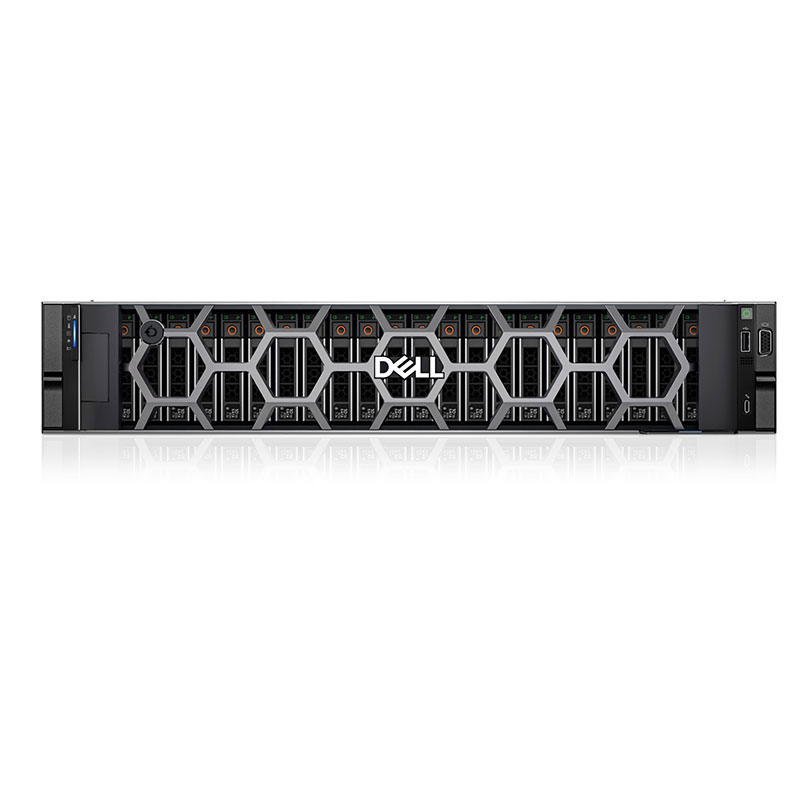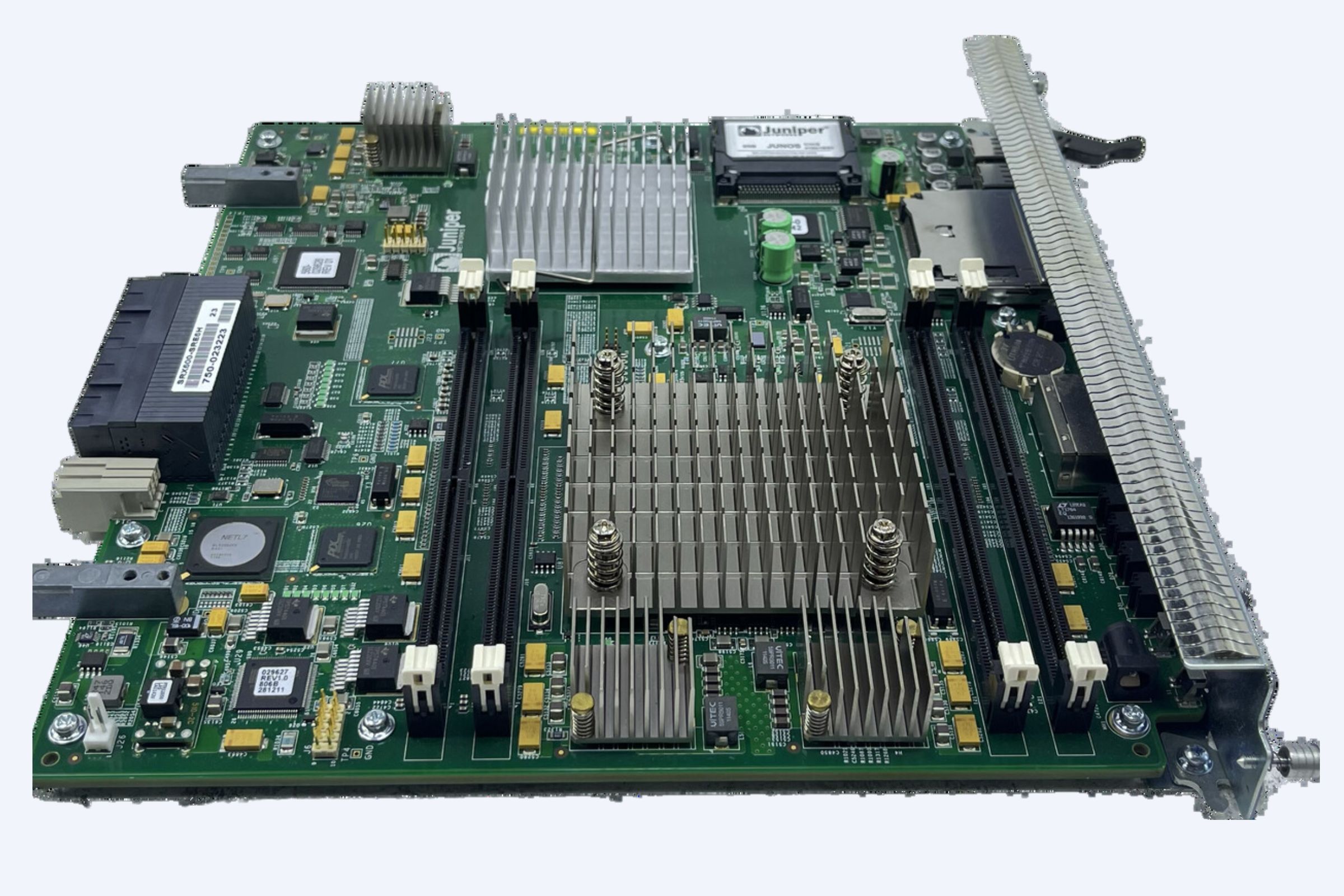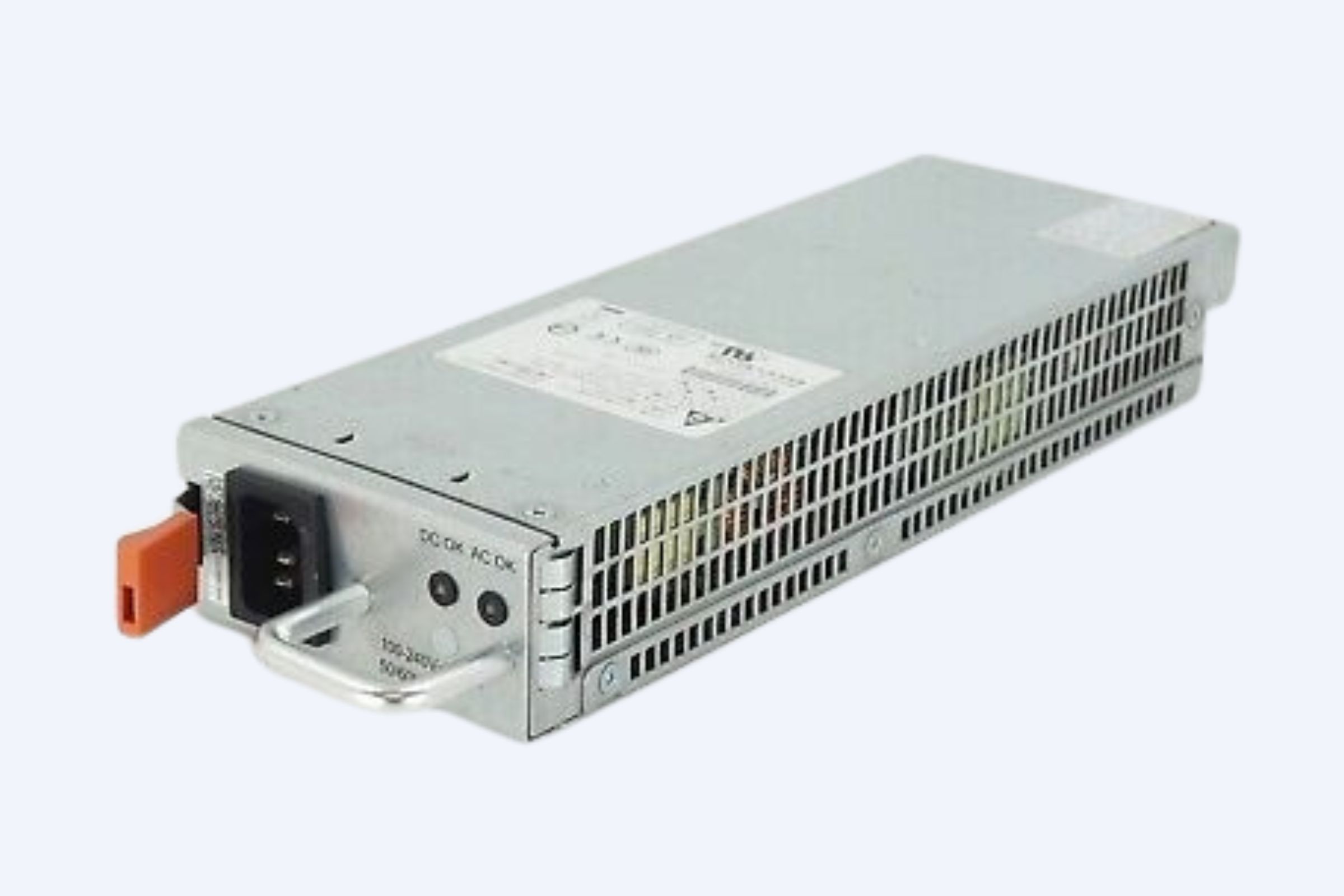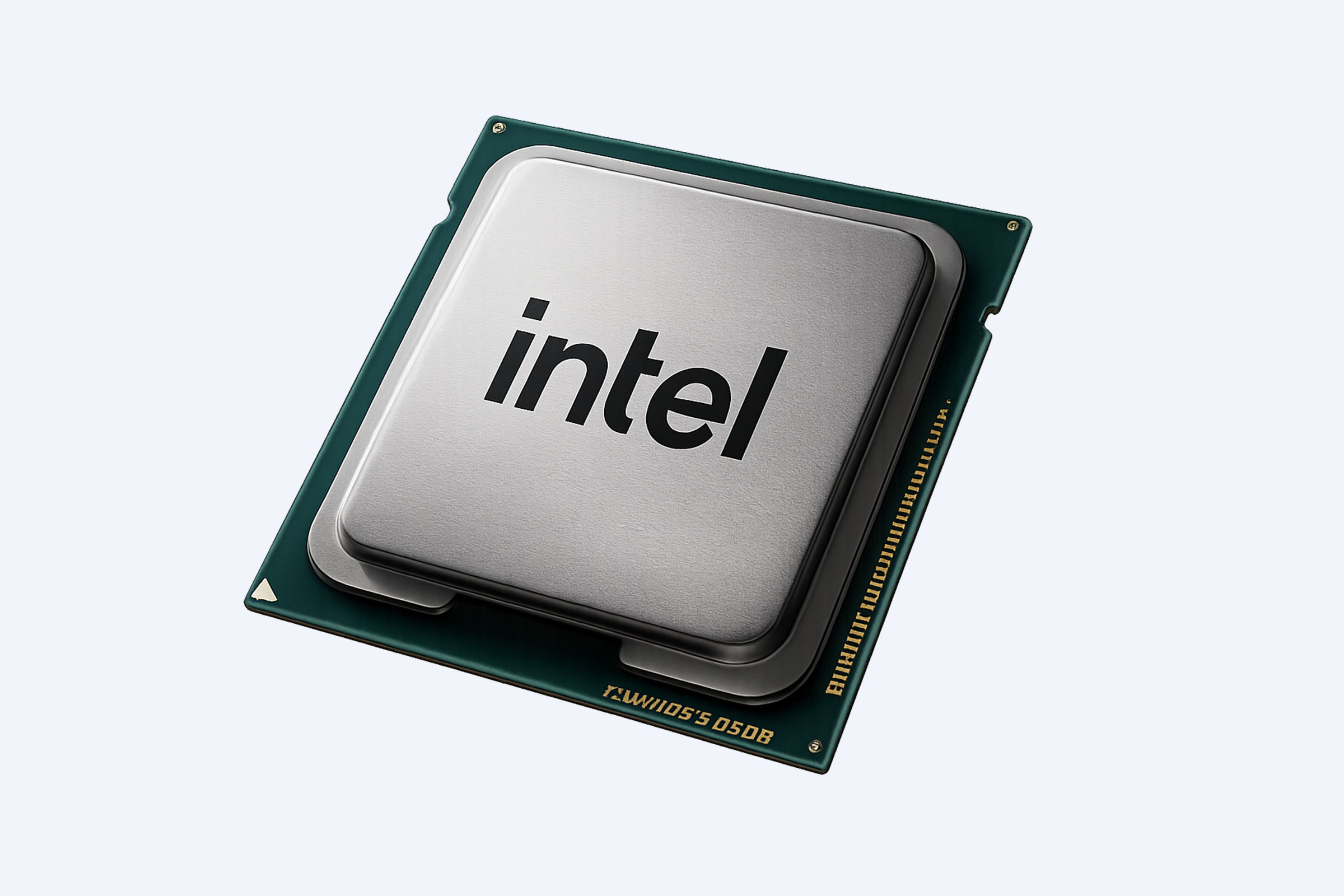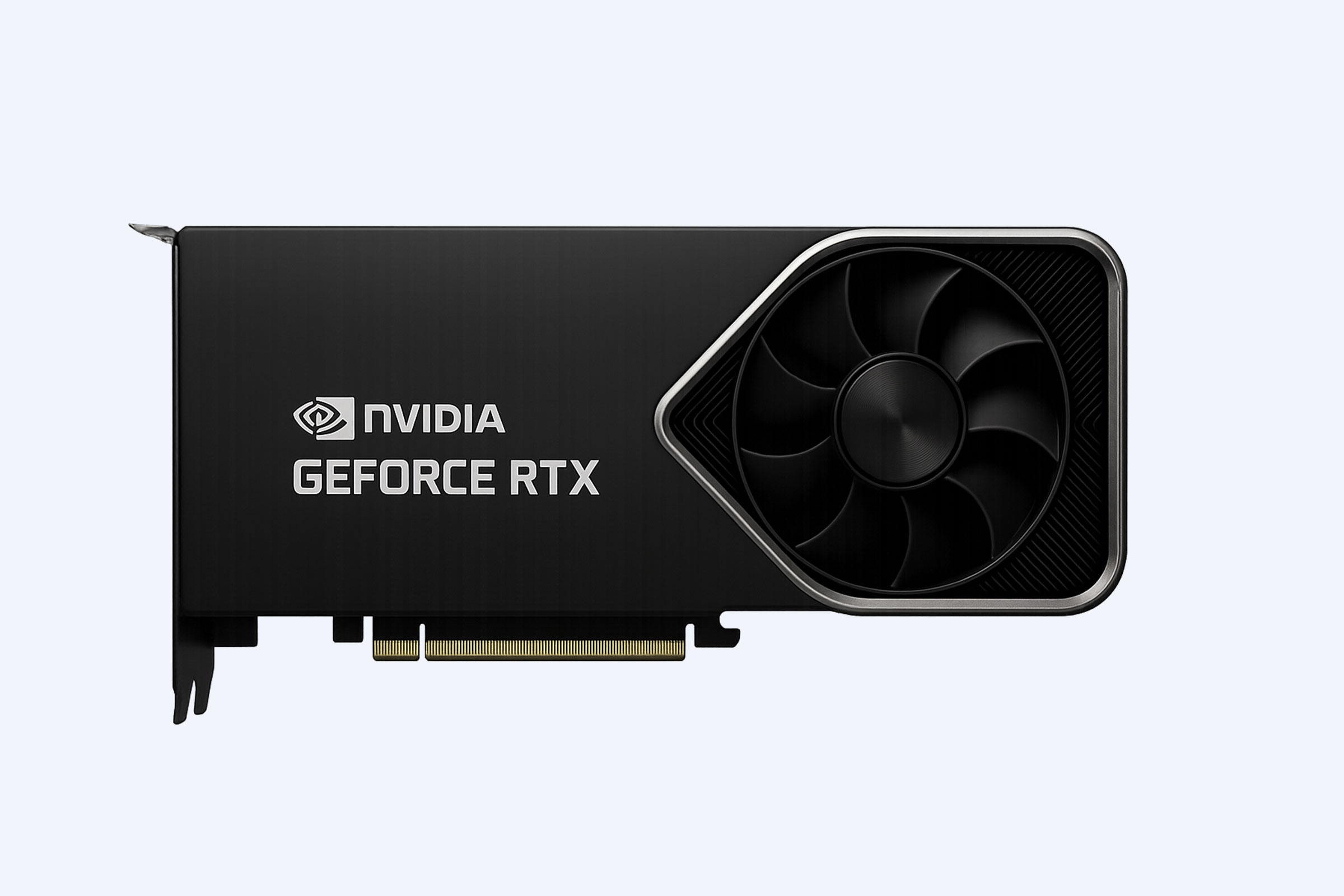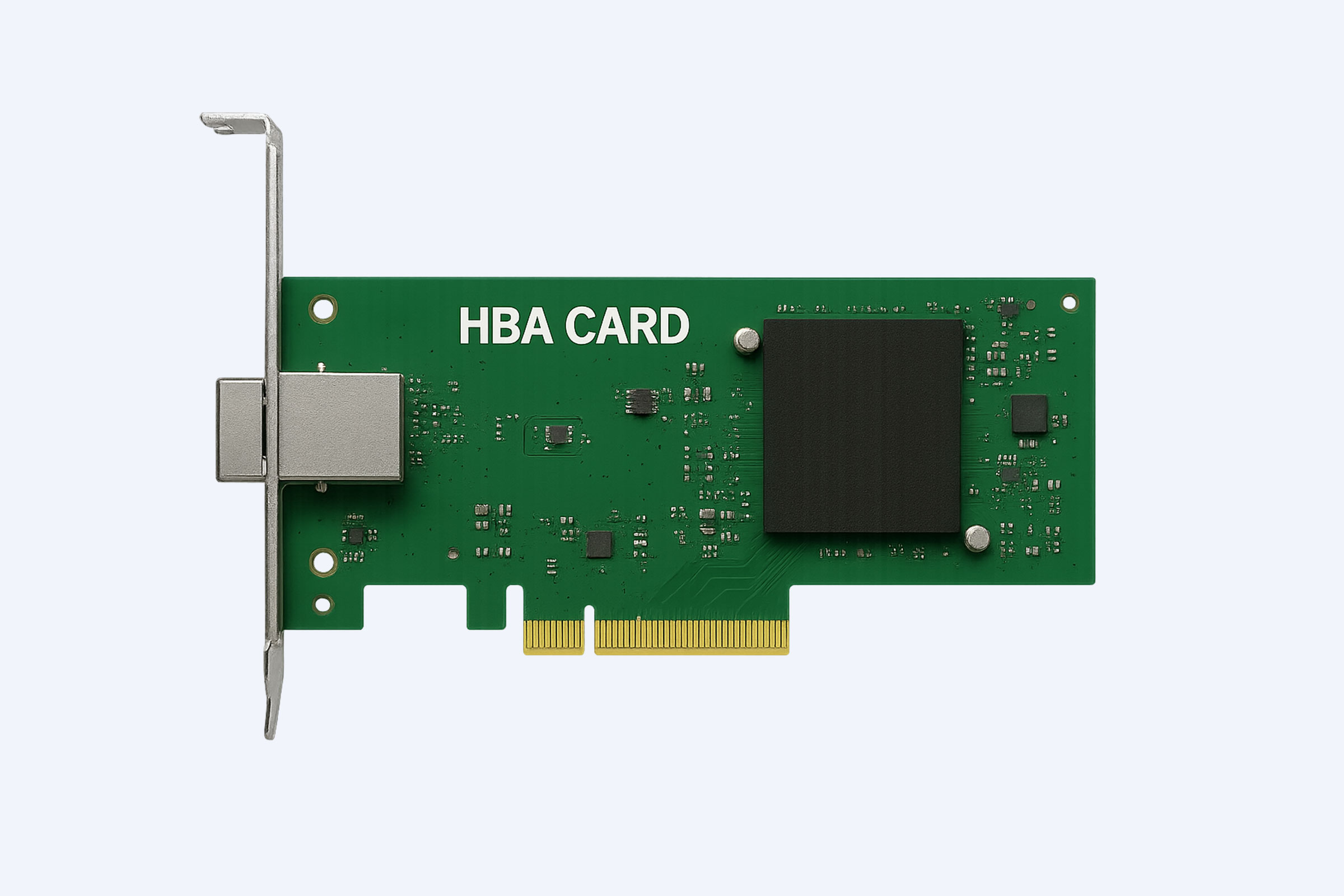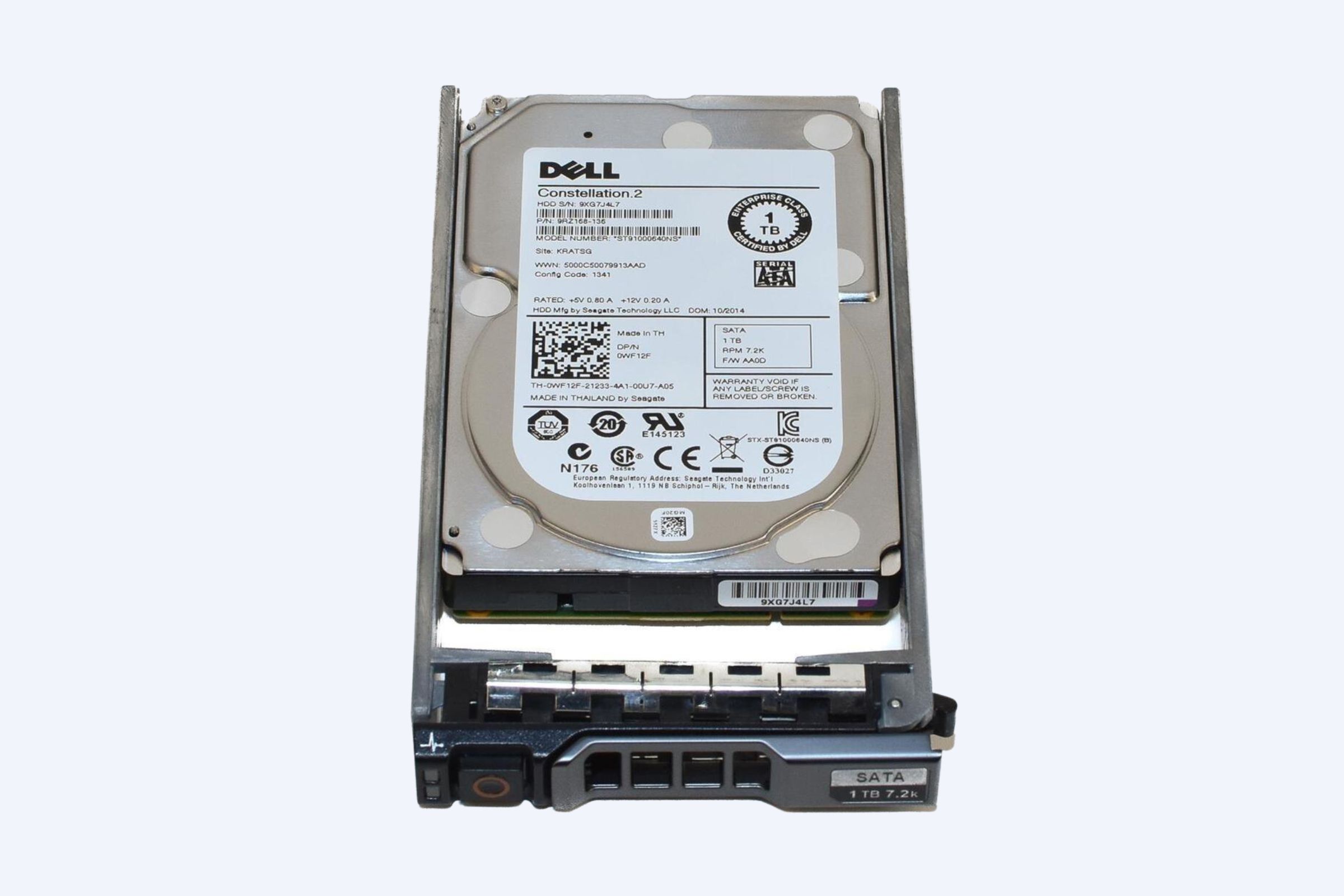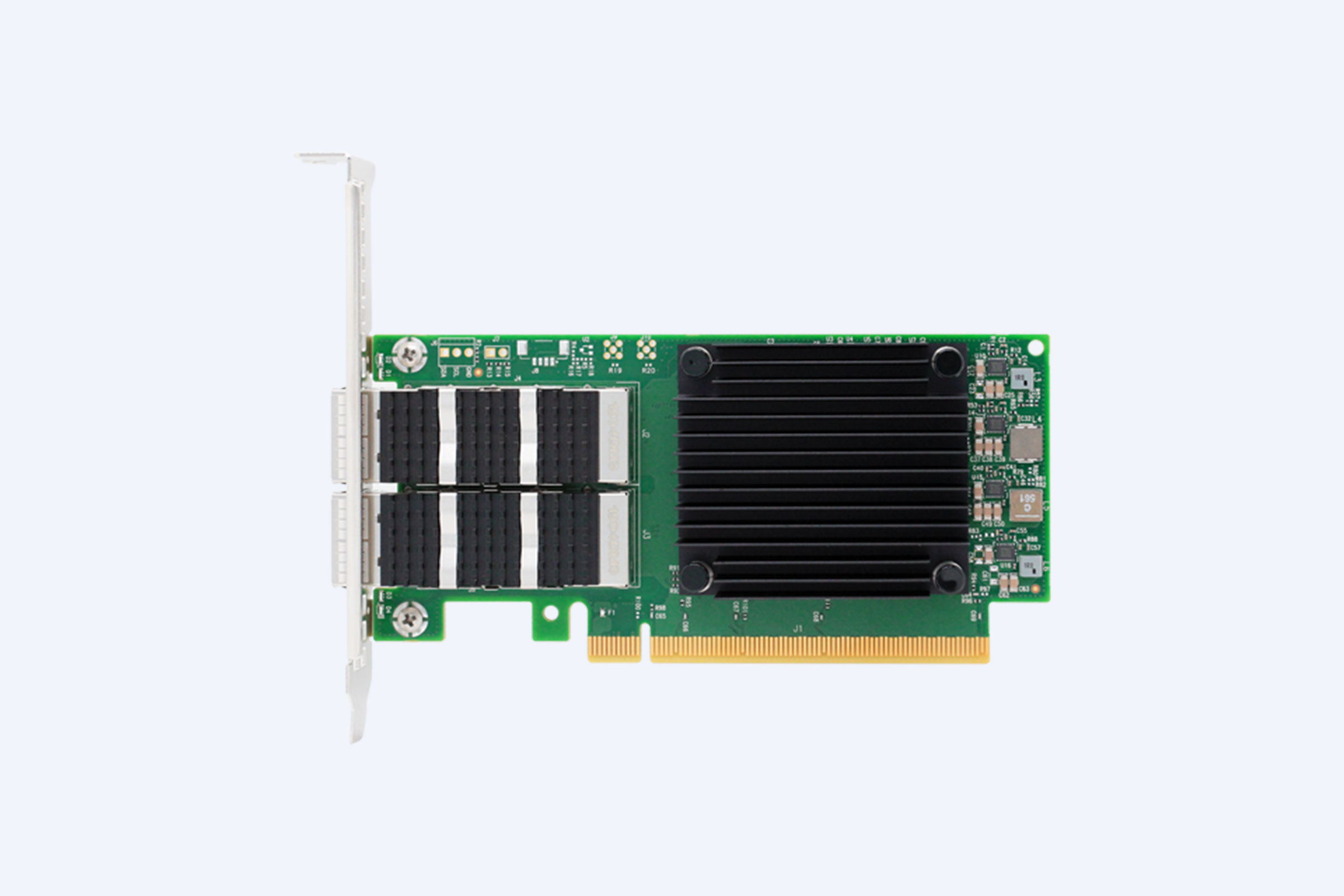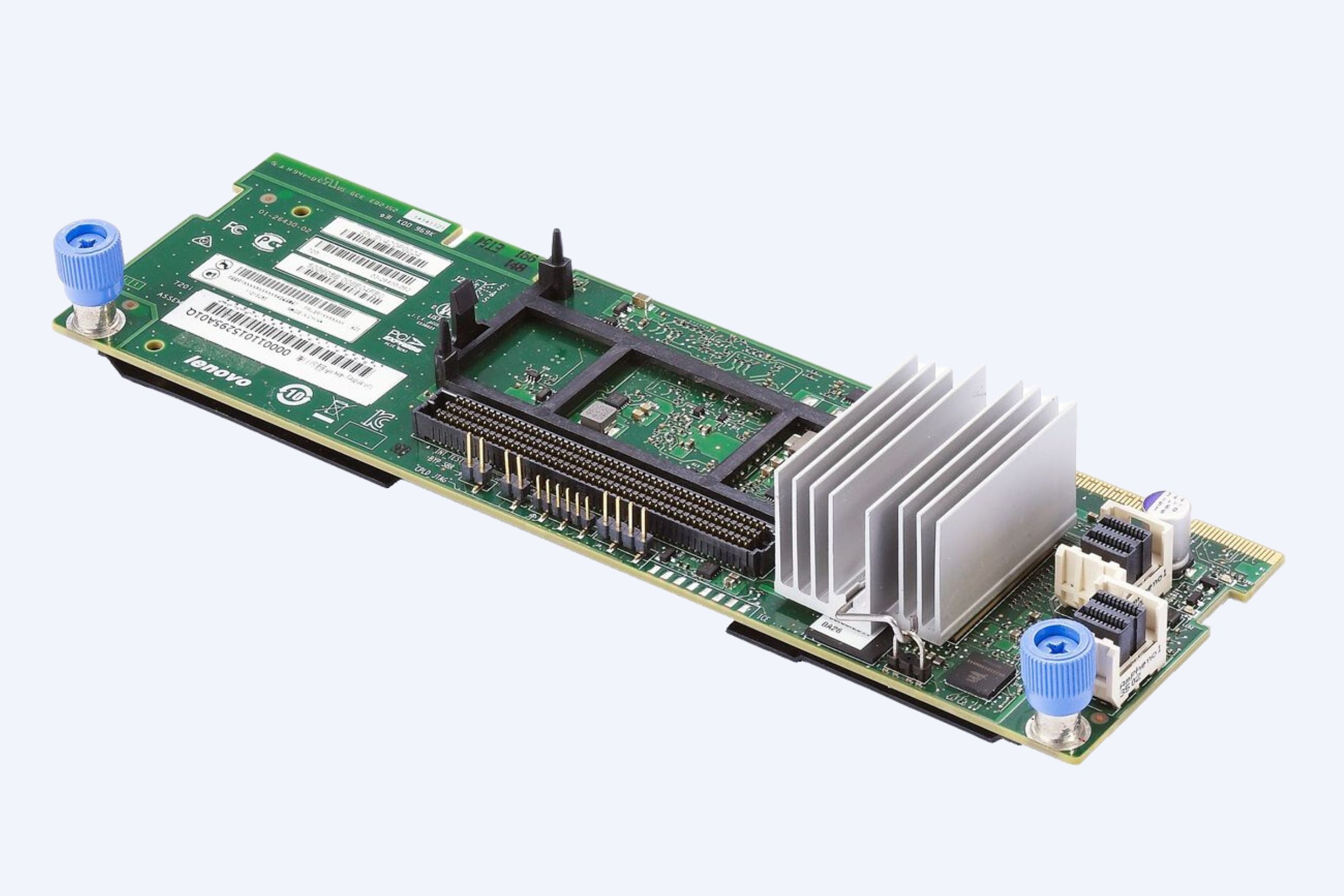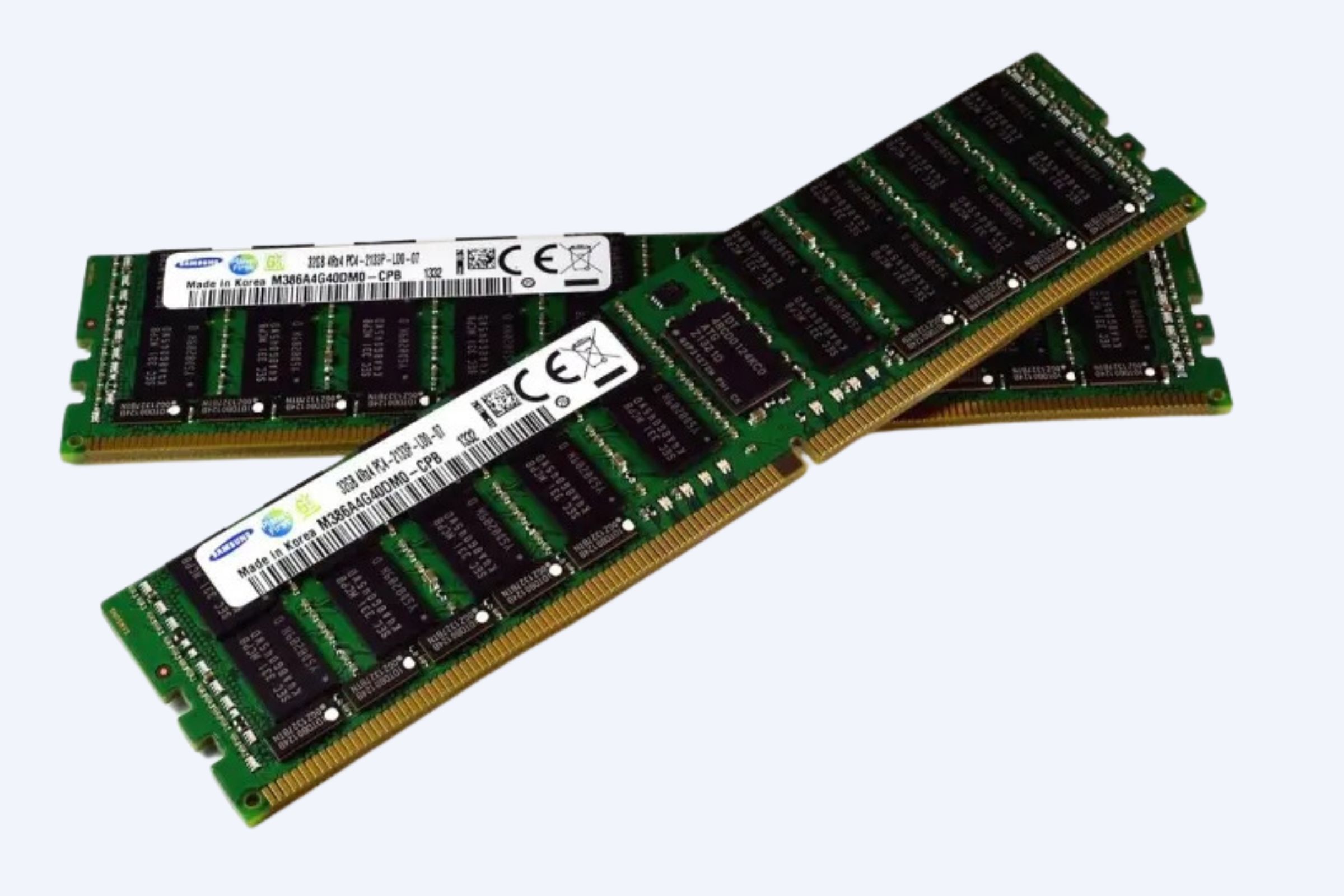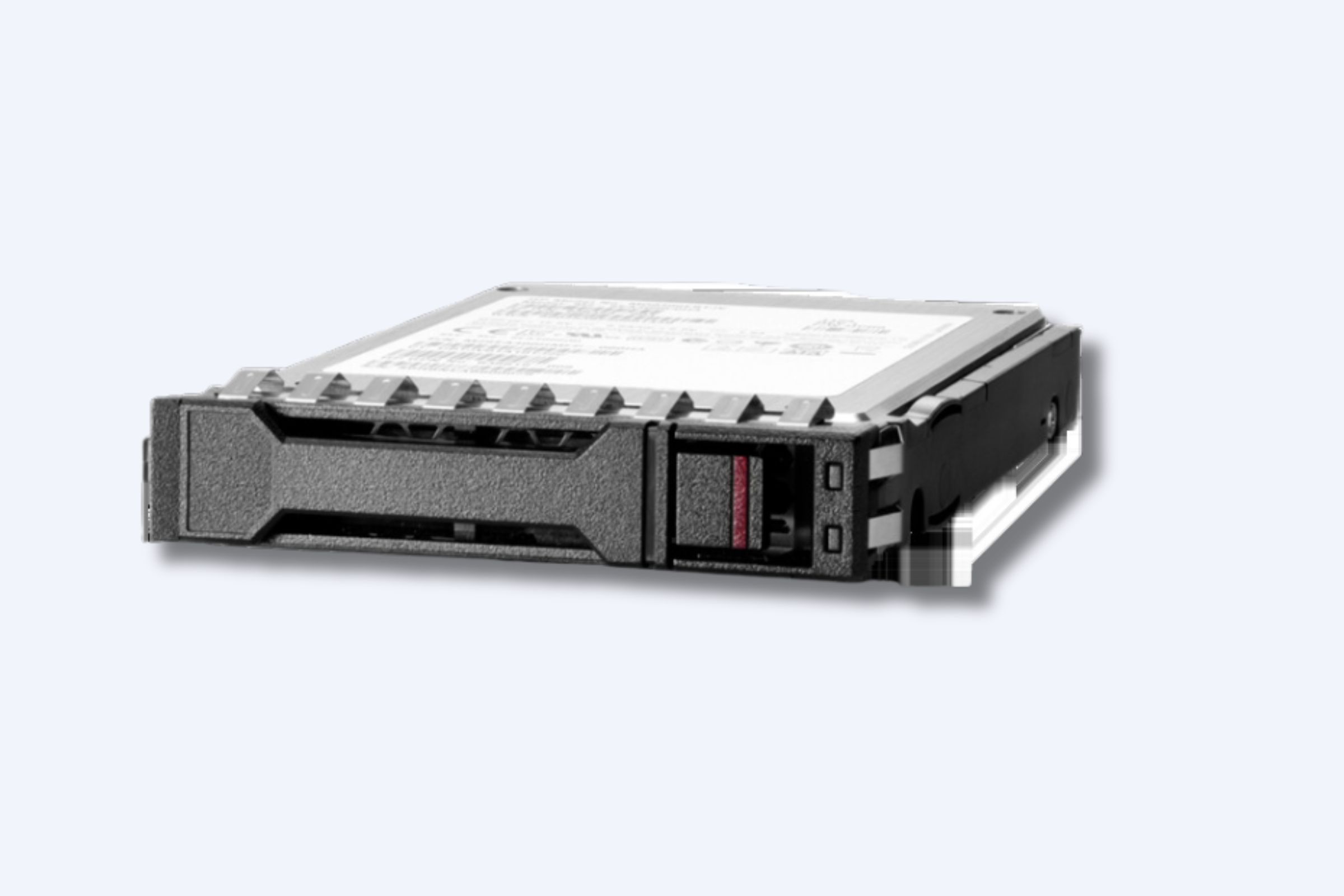Dell PowerEdge servers are renowned for their advanced technology, reliability, and scalability, making them ideal for businesses of all sizes seeking efficient IT infrastructure. They combine powerful processing, flexible configurations, and integrated management tools to deliver optimized performance and cost savings.
How Do Dell PowerEdge Servers Enhance Business Efficiency?
Dell PowerEdge servers improve business efficiency by delivering high-performance processing with Intel Xeon and AMD EPYC processors, supporting virtualization and data-intensive workloads. Their modular design and scalability allow enterprises to adapt easily to changing business needs while minimizing downtime with advanced reliability features.
These servers use intelligent automation through Dell’s OpenManage systems management, reducing administrative overhead and accelerating IT operations. Features like Express Flash SSDs and Dell Fresh Air cooling lower operational costs, making PowerEdge an effective solution for modern business demands.
Think of a server as a super-powerful computer that helps a business run smoothly. Dell PowerEdge servers are designed to handle lots of tasks at the same time, like storing data, running applications, or supporting multiple users. They use strong processors, such as Intel Xeon or AMD EPYC, which are like the brain of the server, making sure everything runs quickly and efficiently. These servers can also grow with your business—meaning you can add more storage or computing power when needed without interrupting operations. Features that protect against breakdowns help businesses avoid downtime, keeping everything running reliably.
Another important part is automation. Dell’s management tools can monitor and handle routine tasks automatically, so IT staff spend less time fixing problems and more time on strategic work. Components like fast SSDs and efficient cooling systems save energy and reduce costs. WECENT helps businesses get these servers and provides support, ensuring that companies have reliable, flexible, and high-performance IT infrastructure tailored to their needs. Efficiency, reliability, and automation are the key ideas here.
What Are the Key Features of Dell PowerEdge Servers?
Key features of Dell PowerEdge servers include high core count processors from Intel and AMD, extensive memory capacity (up to multiple terabytes), wide storage options with NVMe drives, and embedded RAID controllers for data protection. The servers support multiple form factors, including rack, tower, modular, and blade architectures.
Advanced management capabilities are provided through the Integrated Dell Remote Access Controller (iDRAC) and Lifecycle Controller. These tools facilitate remote monitoring, firmware updates, and automated troubleshooting, helping businesses maintain smooth operations and robust security.
Imagine Dell PowerEdge servers as highly capable machines built to support a company’s IT needs. One of their main strengths is the processors, which are powerful chips from Intel or AMD that handle many tasks quickly. These servers also offer a lot of memory, sometimes in the terabytes, allowing them to manage huge amounts of data at once. They provide flexible storage options, including super-fast NVMe drives, and built-in tools like RAID controllers that protect data in case of hardware problems. PowerEdge servers come in different shapes and sizes—rack, tower, modular, and blade—so businesses can choose the setup that fits their space and workload needs.
Another key feature is management. Tools like iDRAC and Lifecycle Controller let IT teams monitor servers remotely, update software automatically, and troubleshoot issues efficiently. This helps businesses run smoothly, keep data secure, and reduce downtime. WECENT supports companies in deploying these servers, ensuring they get the right configuration and reliable ongoing support. The core ideas are performance, flexibility, and management.
Which Dell PowerEdge Server Models Are Best for Different Use Cases?
Dell PowerEdge servers cater to various workloads through specific models:
-
Entry-level rack and tower servers are suited for small businesses and remote offices, offering cost-effective computing for cloud infrastructure and everyday applications.
-
Mid-range servers (e.g., R740, R740xd) optimize performance for virtualization, data analytics, and medium VM density environments.
-
High-performance servers (e.g., R840, R940) support mission-critical applications and large databases with up to 4 sockets and massive memory scalability.
-
Modular and blade servers (MX7000, Blade Server Series) provide high-density computing and scalability for growing enterprises needing flexible infrastructure.
-
Rugged servers (XR series) are designed for extreme environments such as manufacturing and mobile deployments.
This variety ensures businesses can select the ideal PowerEdge for their unique IT needs, balancing performance, scalability, and environmental requirements.
Why Are Dell PowerEdge Servers Considered Reliable?
Reliability is a core design principle for Dell PowerEdge servers, tested rigorously to withstand challenging environments, including high temperature and humidity conditions. They incorporate redundancy features such as failover power supplies, mirrored storage, and advanced cooling technologies like Dell Fresh Air.
Dell continually evaluates and improves reliability with in-house testing and supplier collaboration, ensuring operational consistency over the servers’ lifecycle. This reliability reduces downtime risks and maintenance costs, sustaining business continuity.
How Does Dell PowerEdge Support Scalability and Future Growth?
Dell PowerEdge servers support scalable growth through modular chassis designs like the PowerEdge MX7000, which allows adding compute and storage nodes as needed. The servers offer flexible I/O options, support for accelerators like GPUs and FPGAs, and compatibility with emerging technologies such as NVMe storage.
The extensive range of configurations and management tools enables businesses to adapt IT infrastructure fluidly, accommodating increased workloads, virtualized environments, and AI-driven applications without costly overhauls.
What Management Tools Does Dell Provide for PowerEdge Servers?
Dell provides the OpenManage Systems Management suite featuring iDRAC and Lifecycle Controller, enabling automated, agent-free management of PowerEdge servers. These tools offer remote monitoring, hardware health alerts, firmware updates, and rapid troubleshooting, improving operational efficiency.
OpenManage integrates with third-party platforms such as VMware vCenter and Microsoft System Center, allowing consolidated infrastructure management. Dell OpenManage Power Center helps optimize energy use across server fleets, supporting sustainability goals.
Where Are Dell PowerEdge Servers Most Commonly Deployed?
Dell PowerEdge servers are commonly deployed in enterprise data centers, cloud environments, and edge computing locations globally. Their adaptable design suits industries ranging from finance and healthcare to manufacturing and telecommunications.
Specialty models like the XR series are utilized in rugged or mobile environments, including factories and field operations, demonstrating the versatility of PowerEdge in meeting diverse deployment scenarios.
How Does Dell PowerEdge Compare to Competitor Servers?
Compared to competitors like HPE ProLiant, Lenovo ThinkSystem, and Cisco UCS, Dell PowerEdge servers stand out due to their broad configuration flexibility, strong integration with Dell’s management ecosystem, and extensive global support. PowerEdge servers often provide superior ROI thanks to energy-efficient innovations and ease of scalability.
While some competitors focus on niche strengths (e.g., network optimization by Cisco), Dell’s holistic approach integrates hardware, management software, and professional services to streamline enterprise IT.
Can Dell PowerEdge Servers Be Customized for Specific Workloads?
Yes, Dell PowerEdge servers offer extensive customization, including tailored processor options, memory configurations, storage types (SATA, SAS, NVMe), and GPU or FPGA accelerators. This enables purpose-built solutions optimized for workloads like AI/ML, virtualization, HPC, databases, or web services.
Wecent, a trusted supplier of enterprise-class servers, provides expert guidance ensuring customers receive fully certified, customized PowerEdge configurations that meet workload demands and compliance standards.
What Are the Environmental and Energy Efficiency Advantages of Dell PowerEdge Servers?
Dell PowerEdge servers incorporate advanced cooling technologies like Dell Fresh Air, allowing operation at higher ambient temperatures and reducing data center cooling costs. Their power management capabilities optimize energy consumption based on workload patterns.
PowerEdge servers also comply with international standards, including CE, FCC, and RoHS, reflecting Dell’s commitment to eco-friendly and sustainable IT solutions.
Wecent Expert Views
“Dell PowerEdge servers represent a pinnacle of enterprise-class server technology, blending high performance with reliable scalability and advanced management. At Wecent, we emphasize that selecting the right PowerEdge configuration is pivotal for aligning IT infrastructure with business goals. Their robust design and efficient operation significantly reduce operational risks and costs. Leveraging Dell PowerEdge solutions through trusted partners like Wecent ensures enterprises gain access to certified, cutting-edge hardware backed by expert support, driving sustained growth in an increasingly digital world.
Dell PowerEdge Server Specifications Comparison Table
| Model | Processor Options | Max Memory | Max Storage (Drives) | Form Factor | Ideal Use Case |
|---|---|---|---|---|---|
| R440 | 2x Intel Xeon/AMD EPYC | 1TB DDR4 | 10 SFF / 4 LFF | 1U Rack | Small to medium workloads |
| R740 | 2x Intel Xeon Scalable | 7.68TB DDR4 | 16 SFF / 8 LFF | 2U Rack | Virtualization & analytics |
| R840 | 4x Intel Xeon Scalable | 15.36TB DDR4 | 26 SFF | 2U Rack | Mission-critical applications |
| MX7000 | Modular compute & storage | Scalable | Modular bays | 7U Modular | Scalability & composable infra |
Conclusion
Dell PowerEdge servers offer a comprehensive solution for enterprises seeking flexible, reliable, and high-performance IT infrastructure. Their robust scalability, advanced management tools, and energy-efficient designs make them a valuable investment for diverse workloads. Partnering with Wecent ensures access to expertly certified configurations and ongoing support, empowering organizations to maximize operational efficiency and future-proof their data centers.
Frequently Asked Questions
What processors do Dell PowerEdge servers use?
Dell PowerEdge servers primarily use Intel Xeon Scalable and AMD EPYC processors, offering options for various performance needs.
Can PowerEdge servers handle AI and machine learning workloads?
Yes, select PowerEdge models support GPU accelerators and high core counts optimized for AI, ML, and HPC applications.
How is Dell PowerEdge server reliability ensured?
Reliability is ensured through rigorous testing, redundant components, advanced cooling, and ongoing product lifecycle improvements.
What management software is included with PowerEdge?
Dell OpenManage suite, including iDRAC and Lifecycle Controller, provides comprehensive remote management and automation.
Is Wecent a reliable provider for Dell PowerEdge servers?
Yes, Wecent offers certified, original Dell PowerEdge servers with expert consulting, backed by years of industry experience.
What makes Dell PowerEdge servers a top choice for enterprises?
Dell PowerEdge servers are renowned for their high performance, scalability, and reliability. They feature advanced processors, high-throughput memory, and flexible storage, optimized for enterprise workloads. Their intelligent automation, built-in security features, and energy-efficient designs make them a trusted solution for businesses seeking efficient, secure, and future-proof infrastructure.
Why are Dell PowerEdge servers highly scalable?
Dell PowerEdge servers are designed with a modular architecture, enabling businesses to easily expand as their needs grow. This flexibility eliminates costly upgrades, making it easier to scale IT resources and optimize performance, ensuring your infrastructure can evolve with your business without the need for complete system overhauls.
How does Dell PowerEdge ensure enterprise-level security?
Dell PowerEdge servers integrate robust security from the ground up, including features like silicon root of trust, firmware protection, and automated threat detection. These measures safeguard against potential risks, ensuring your business operations and data remain secure across various environments, from data centers to cloud applications.
What industries benefit most from Dell PowerEdge servers?
Dell PowerEdge servers are ideal for industries like finance, healthcare, education, and data centers, which require high-performance, secure, and scalable IT infrastructure. WECENT helps clients across these sectors deploy Dell solutions tailored to their needs, ensuring optimal performance for workloads involving AI, big data, and cloud computing.
What makes the Dell PowerEdge T160 ideal for small offices?
The Dell PowerEdge T160 is perfect for small businesses due to its balanced performance, compact design, and scalability. With a starting price of $1,350, it delivers cost-effective performance for everyday workloads, making it a reliable solution for small office IT infrastructure.
How does Dell’s AI partnership with NVIDIA impact enterprise solutions?
Dell’s collaboration with NVIDIA accelerates the deployment of AI applications in enterprises. By integrating NVIDIA’s hardware and software stack, businesses can harness advanced AI capabilities, boosting efficiency and performance, particularly in data centers and cloud environments.
Why is the Dell PowerEdge R7725 considered a top choice for AI compute?
The Dell PowerEdge R7725 excels in AI workloads due to its dual-socket AMD EPYC 9005 processors, Gen5 PCIe support, and flexible GPU/CXL options. Its ability to handle large-scale AI compute tasks with NVMe storage makes it a powerful solution for data-driven industries.
What makes the Dell PowerEdge R570 a cost-effective choice for data centers?
The Dell PowerEdge R570 offers excellent performance with its Xeon 6-core processors and substantial storage options. It’s an energy-efficient and budget-friendly option for data centers, providing versatility without compromising on performance, making it ideal for businesses looking to optimize IT infrastructure.



